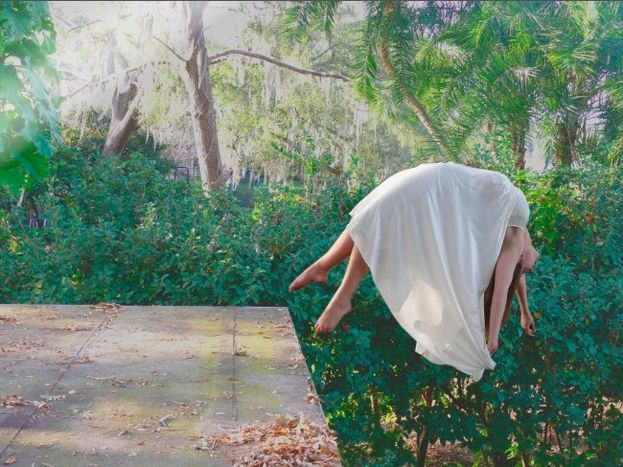
Guising: European poems for Halloween (5 images)
Published on
For a child in Scotland, 31 October is guising time. Like their American cousins, Scots children dress up as all kinds of things that go bump in the night so as to traipse around neighbouring houses. Good little Presbyterian children that we are, we must first earn our treats by singing a song, telling a joke or reciting a poem. cafebabel.com's official poetry blog The Poetry Round provides a rundown of the top five European poems for guising
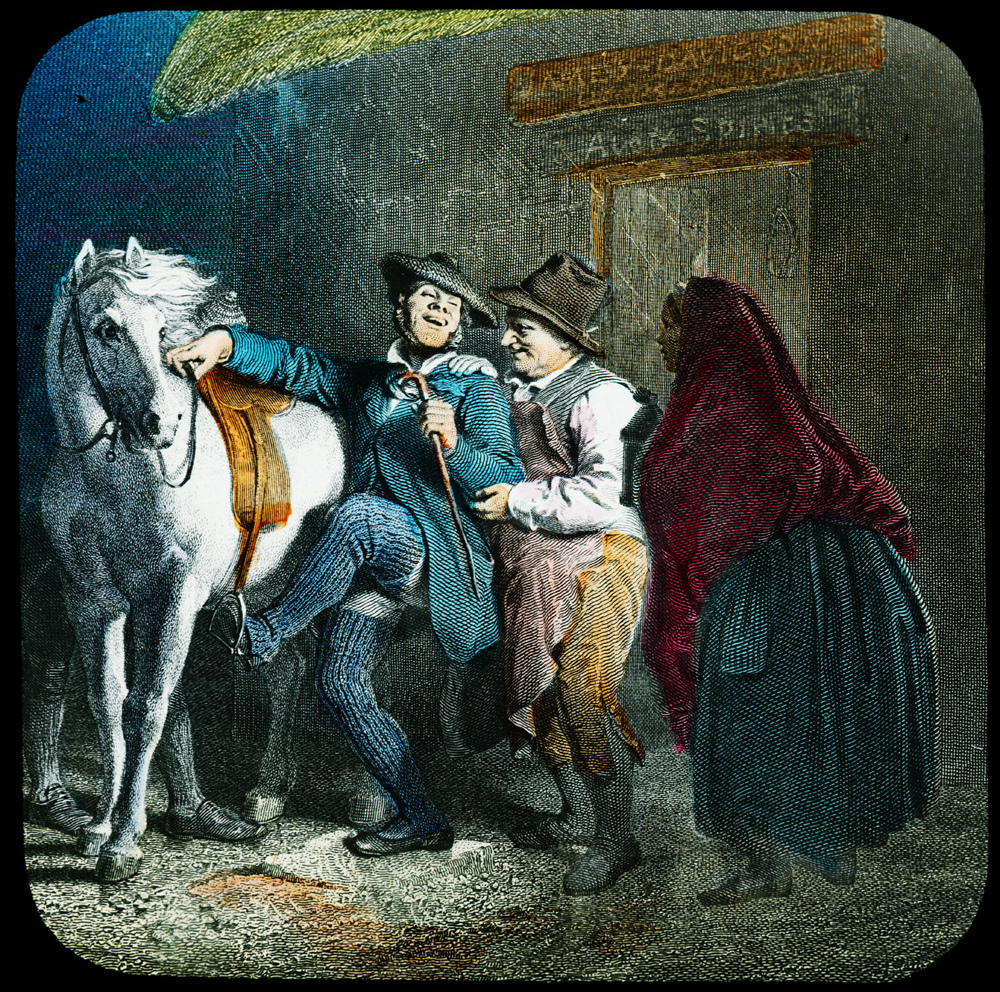
The Scottish national bard Robert Burns is connected in the minds of many with the sickly sweet tartan of shortbread tins. However, a halloween performance of his tongue-in-cheek ode to the perils of John Barleycorn might just convince you there’s something more to this tax-collecting poet. Tam o’ Shanter is a glorious gothic romp of a poem, a drunken canter through a stormy night past witches, ghouls and demons. Literally (Image: (cc) Dumfries Museum/ Flickr)
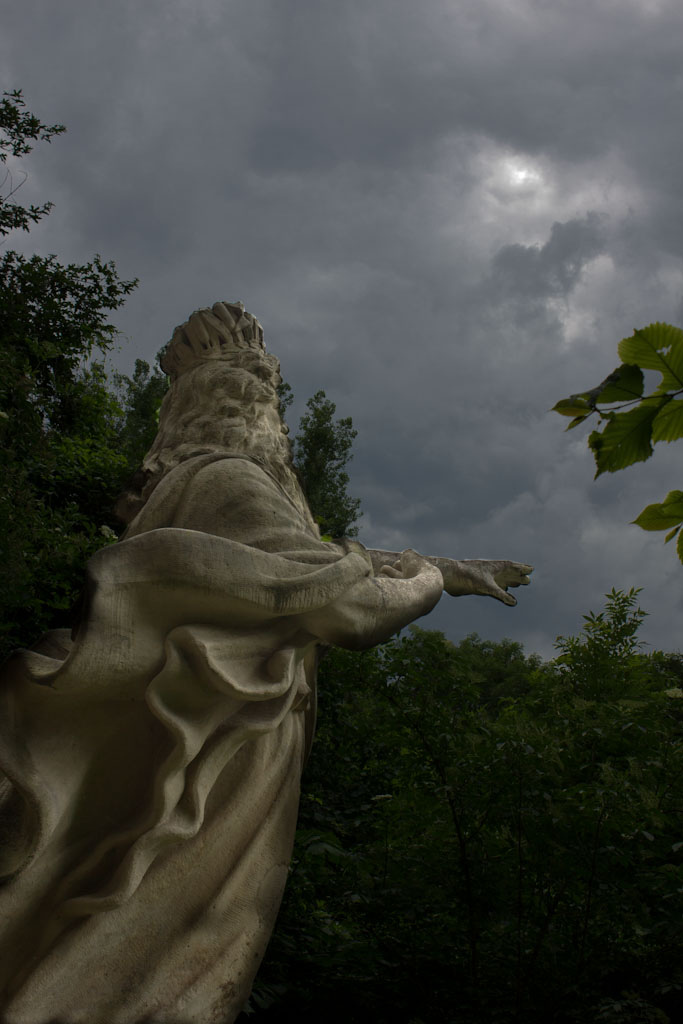
Like Burns‘ masterpiece, Johann Wolfgang von Goethe’s Erlkönig tells the moralising tale of a horse-ride homewards late at night. Goethe’s text is often read with the pedagogical element of a fairy tale, the elfen king a warning to children against wandering into the woods on their own. More revealingly, the poem hints at the dangers of a purely rationalist worldview. Only the son can hear the voice of the elfen king tempting him into the forest. Does the father’s insistent deafness ultimately enable his child’s untimely death? (Erlkoenig monument in Jena, Germany. Image: (cc) zeit.gespenst/ Flickr)
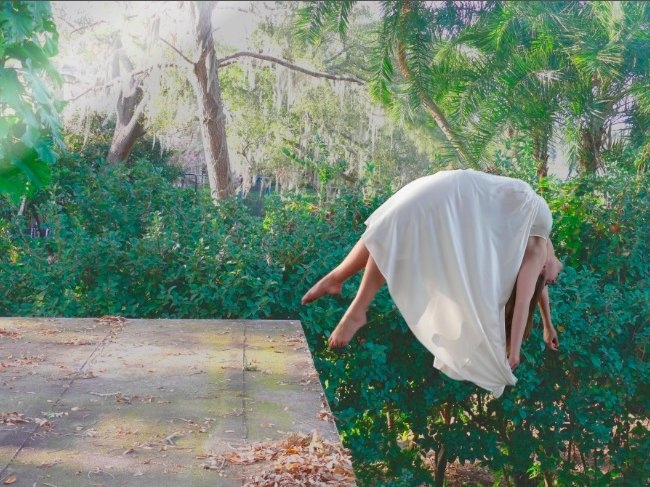
Charles Baudelaire takes Goethe’s interaction between the spheres of the real and the supernatural further still in this poem, in which a ghostly lover returns to torment a former beloved with ‘kisses as icy as the moon, / And the caresses of a snake’. This is seriously spooky stuff, not because of the actual haunting but because of the sense of a genuine abusive relation. Baudelaire recognises an uncomfortable truth: that which is real is infinitely more disturbing than any number of ghosts or ghouls (Image: (cc) Of Kristabel/ Krista Kline/ Flickr)
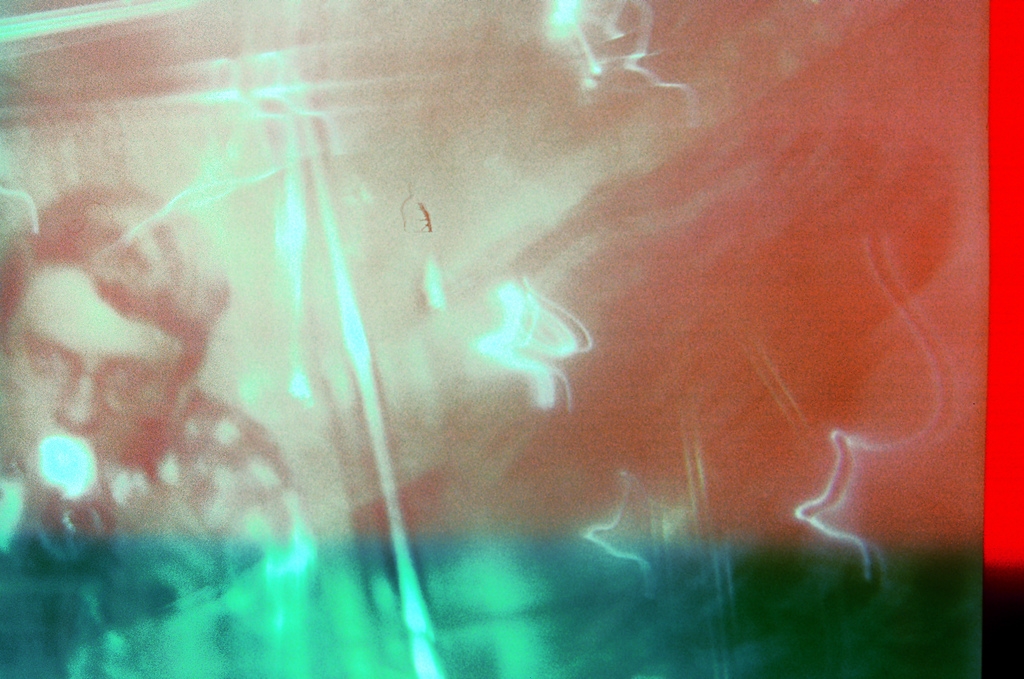
Prominent in the early 20th century, Daniil Kharms wrote disarming nonsense verse, the unsettling circumstances of which were slightly too close to USSR reality for comfort. (He died in prison in 1942 after being arrested for treason). Dream within a dream plays with the horror of being absolutely alone, repeatedly reminding us that ‘nobody came, and nobody heard’ (Image: (cc) Dead Air/ Ricardo Wang/ Flickr/ facebook.com/whatsthiscalled)

If you’re not a Halloween fan, and are planning to curl up by the fire with a good book or go for a wander amidst frosted trees, perhaps John Burnside’s Halloween is for you: 'The village is over there, in a pool of bells/ and beyond that nothing/ or only the other versions of myself/ familiar and strange, and swaddled in their time/ as I am, standing out beneath the moon/ or stooping to a clutch of twigs and straw/ to breathe a little life into the fire (Image: (cc) risaikeda/ risa ikeda/ Flickr)



